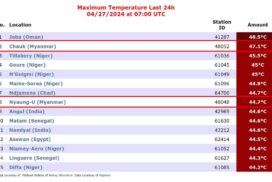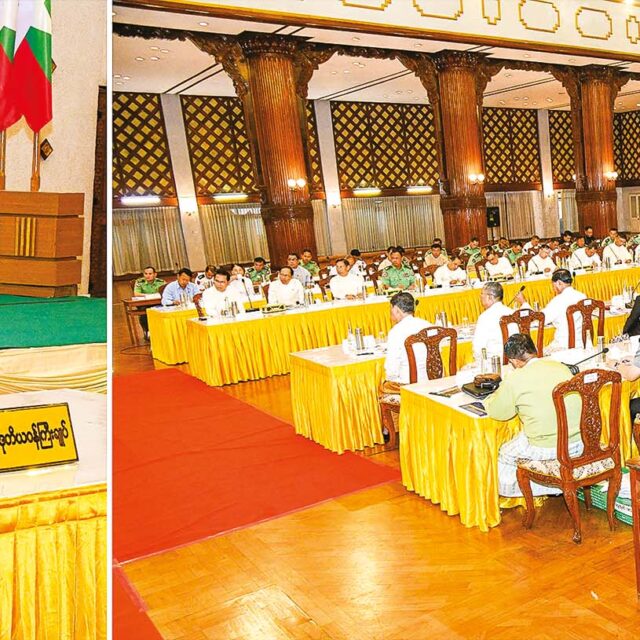The current surge in commodity prices is unleashing far-reaching consequences on the socioeconomic fabric of communities. Strategic essentials like fuel, cooking oil, medicines, construction materials, and agricultural inputs have all seen escalating costs due to the significant devaluation of Myanmar’s currency against stronger international currencies.
In early 2021, the foreign exchange rate was positioned at over K1,300 per US dollar. Presently, while the official reference rate set by the Central Bank of Myanmar is K2,100 per US dollar, the unauthorized market registers trades around K2,500 per US dollar, marking the highest grey market exchange rate in foreign exchange history.
In Yangon, fuel stations continually adjust their price boards for octane and diesel, reflecting daily hikes. Such increments are overshadowed by even more staggering price surges – three to four times higher – in areas marked by instability and poor transportation infrastructure. Indeed, fuel prices play a pivotal role in shaping food production, commodity transportation, and food manufacturing. Consequently, prices of essential goods such as rice and cooking oil, which rely on transportation, are grappling with alarming escalations. The domestic market witnesses elevated prices of imported goods, some of which are temporarily suspended from sale.
According to the International Monetary Fund (IMF), the countries experiencing the most severe inflation in 2022 included Zimbabwe, Venezuela, Sudan, Turkiye, Argentina, Sri Lanka, Lithuania, Estonia, Ukraine, Moldova, Suriname, Ghana, Haiti, Sierra Leone, Angola, Nigeria, Malawi, Iran, Yemen, and Ethiopia. Zimbabwe topped the list with an astronomical inflation rate of 284.94 per cent, followed closely by Venezuela at 220 per cent. In Myanmar, the Central Statistical Organization reported an inflation rate of 27.51 per cent for the first quarter of 2023.
The skyrocketing prices of commodities present formidable challenges to people’s socioeconomic well-being. While some entrepreneurs channel their surplus funds into real estate, hard currencies, and gold ingots, those from the lower-income strata grapple with limited resources to meet daily household needs.
Inflation rates can trigger both positive and negative effects that entire people unavoidably suffer, but elevated inflation particularly harms consumer demand. If a nation fails to rein in soaring inflation, the value and utility of its currency can plummet significantly. Hence, it’s incumbent upon both the government and the populace to proactively address the risk of extreme inflation, safeguarding the stability of the country’s economy to avoid possible dangers to society.
Inflation’s impact based on unprecedented price surge
- August 28, 2023
- 589















